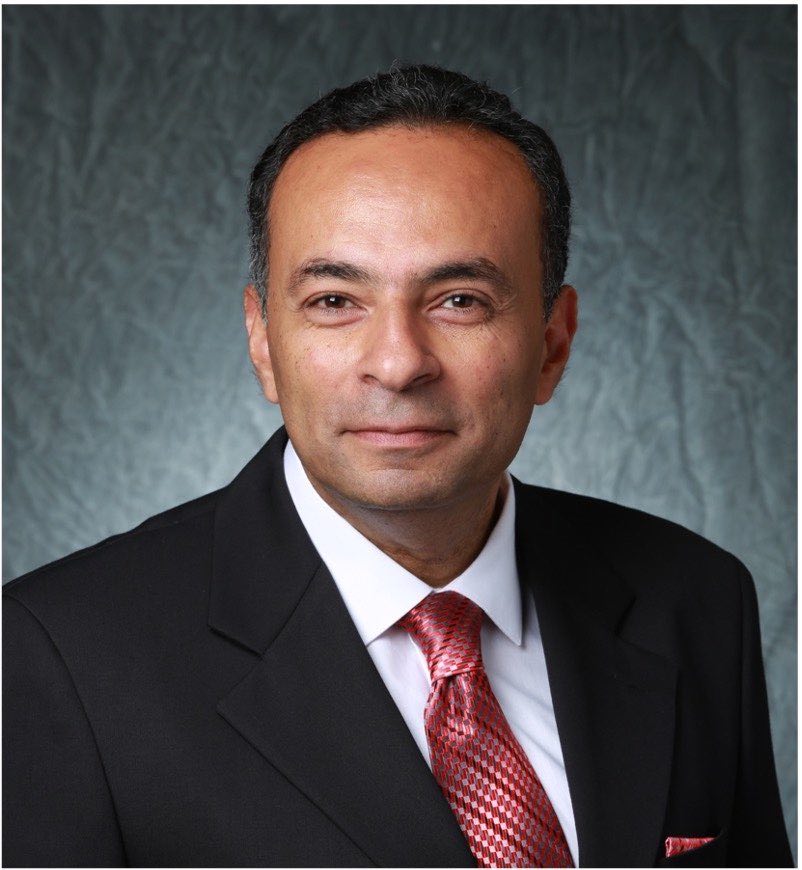Back
Oral
Sustainability (Interdisciplinary)
Addressing Disproportionate Impacts of Hydroclimatic Extremes in Water-Rich Regions via Justice-Minded Research and Collaborative Adaptation Planning
Wednesday, May 21, 2025
1:15 PM – 1:30 PM Alaska Daylight Time (AKDT)
Room: Room 6

Emad Habib
Professor
University of Louisiana at Lafayette, Louisiana, United States
Author(s)
Abstract Submission: Climate change intensifies the frequency of extreme events, exacerbating the risk of hazards such as floods, leading to economic instability, social trauma, and harm to health. Recent research shows that such impacts fall disproportionately upon people and communities, especially historically marginalized groups, people of color, and communities with low socioeconomic status, which are often excluded from climate adaptation planning. They also unequally affect regions where historical infrastructure disinvestment and development patterns have pushed residents into high-risk areas, driving increased exposure to natural hazards under future climate conditions. The current study aims to address the disproportionate impacts of climate change and increasing flood risk in U.S. Gulf regions, where socially vulnerable and underserved communities inhabit areas with water quality problems, struggle with the capacity to mitigate flooding and suffer from failing water and wastewater infrastructure. The study uses a community co-production approach with stakeholders in three US Gulf regions plagued by water hazards and disproportionate climate impacts: the Acadiana region in south-central Louisiana, the Mobile Bay region and surrounding counties in Alabama, and the City of Jackson and surrounding counties in Mississippi. The study includes innovative development and application of integrated hydroclimatic modeling and socioeconomic analyses to reveal sources of misinformation contributing to the misallocation of resources and disproportionate outcomes in communities vulnerable to climate extremes.
Learning Objectives/Expected Outcome (Optional) :
Learning Objectives/Expected Outcome (Optional) :

